First Raspberry Pi Stereo Camera with ISP Tuning
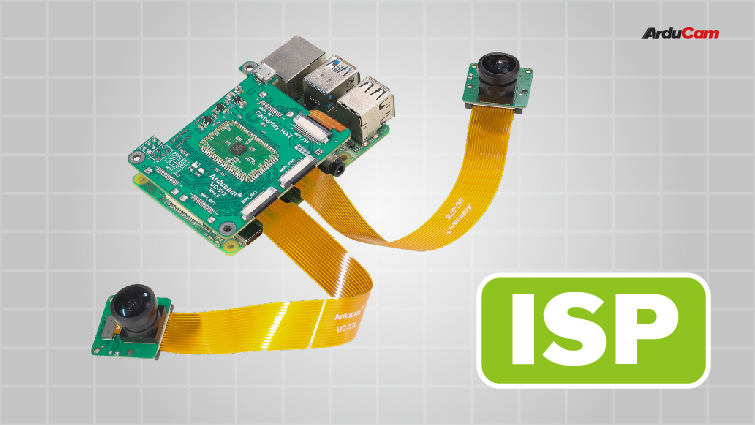
We are the first to bring stereo vision cameras to regular Raspberry Pis, the solution allows you to connect up to 4 camera modules to Pi’s CSI connector, and to keep them fully synchronized in frame level with nanosecond tolerance.
Looking back, stereo camera depth mapping used to seem impossible on a regular $35 SBC that only has one CSI camera interface, so we proudly made history with our CAMARRAY solution.
Pivariety is another solution from Arducam that takes the advantage of hardware ISP pipeline inside of Raspberry pi GPU and allows you have the same experience using official pi cameras which offers decent image quality.
Now Arducam team combines the Camarray and Pivariety solutions together to build a new stereo camera bundle kit with two 8MP IMX219 cameras, and what makes it truly unique is that the camera tuning is done with Pi’s own onboard ISP, exactly as the official V2 module. The quality of image/video capture will be way much better.
Sample Image of The V2 Stereo camera
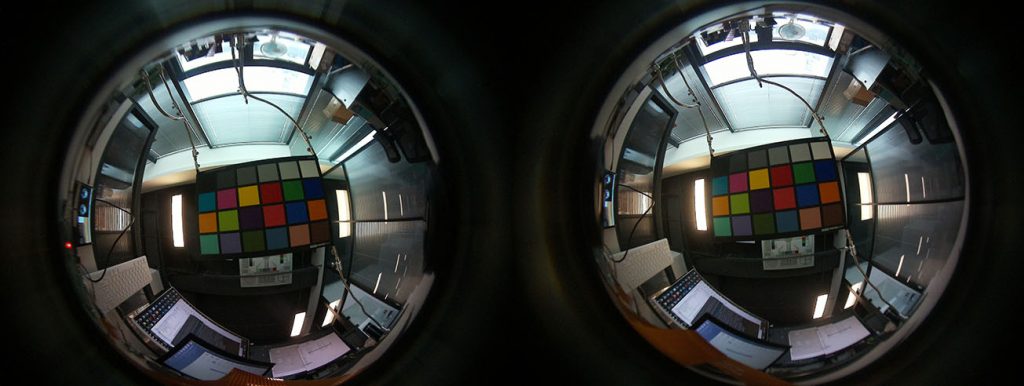
Using Fisheye Lenses for a Panoramic Field of View
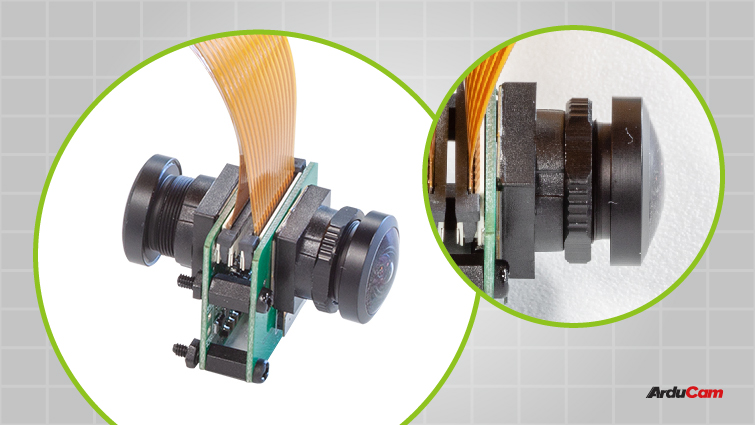
We also added two ultra wide-angle lenses to the new stereo camera, so that for whichever project you are building, you always get a broader viewing range on both cameras, which can be leveraged to create panoramic images or to apply software-level PTZ control on both live and recorded videos.
Having a lens with wide-angle FoV also means your camera has the ability to cover more areas, this can become considerably helpful in applications that are affected by blind spots and coverage issues.
This is also the first stereo camera with fisheye lenses that can work with any regular Pi models.
Adopting Variable Baseline for Higher Depth Accuracy
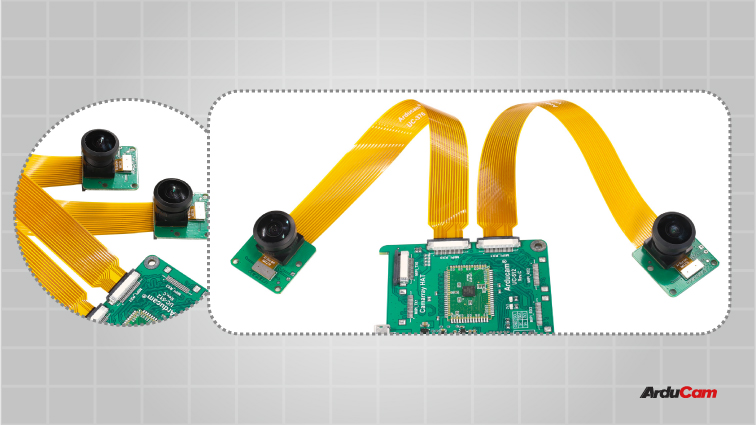
In stereoscopic vision systems, depth accuracy has long been a nagging problem for traditional stereo cameras with fixed baselines, those stereo cameras that work well with objects in a near viewing range tend to have growing deviations and errors with far-range captures, and if you try to fix it with more sophisticated algorithms, the computational cost can also increase.
A stereo camera with an adjustable baseline gives you the advantage of obtaining more accurate disparity maps at different viewing angles and distances, this will significantly improve the precision in 3D reconstruction and other visual odometry applications.
Our stereo vision kit featuring a variable baseline can be incorporated in binocular camera systems that are more customizable and more application-driven.
Stereoscopic Camera for Robotics, Computer Vision Development at Edge and More
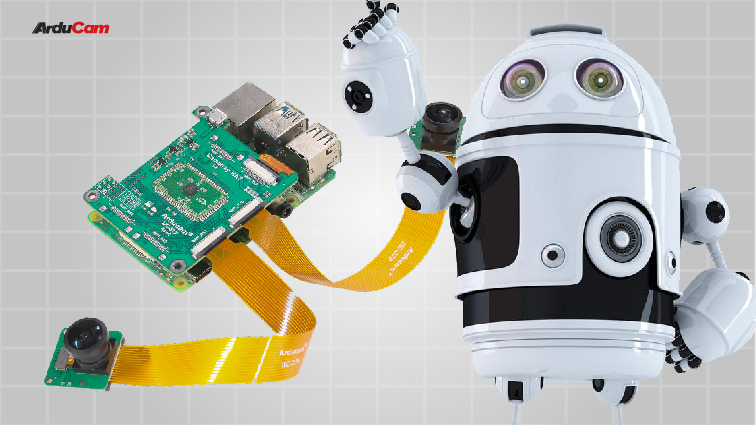
Achieving depth perception with a tuned stereo vision camera kit and a Raspberry Pi will lead to more low-cost inventions and new methodologies concerning robotic systems, and other machine vision fields like portable 3D scanning, gesture control, and spatial detection, V-SLAM, target tracking, autonomous navigation, etc.
Raspberry Pi, along with all other edge devices will gain more computing power in the coming years. A foreseeable future about edge computing is that it will be shifting from post-event to real-time, such applications will be more time-sensitive, same goes for stereo cameras too.
Our stereo vision solutions are paving the way for a whole new future of RPI-based embedded vision applications, and we will make sure that when the time finally comes, you will have the latest hardware for it.


